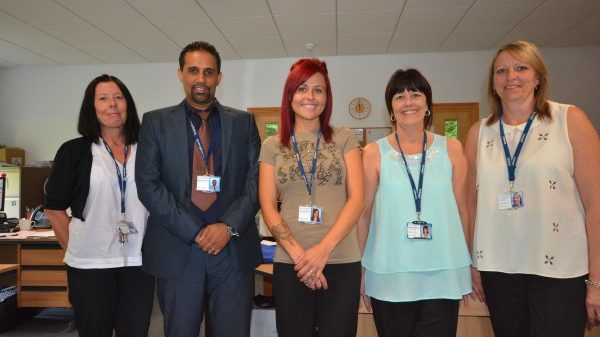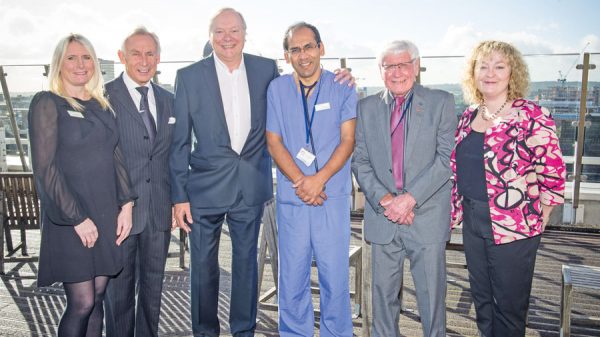As part of the #NHSHereForYou campaign the NHS in Leeds is urging people to attend all regular vaccination appointments to prevent outbreaks of serious diseases and reduce future pressure on the health service.
The call comes from NHS Leeds Clinical Commissioning Group (CCG) as it reminds parents and carers about the importance of bringing children forward for lifesaving jabs to prevent serious diseases like measles and mumps.
With many people expressing concern about seeking help during the coronavirus outbreak, the NHS is running a campaign to encourage people to come forward for help when they need it. People can find out more about which service is best suited to meet their needs by visiting www.leedsccg.nhs.uk/HereForYou
Routine vaccinations like the MMR jab can save a child’s life, so it is important for parents to bring their children forward to these appointments, which will normally take place at their usual GP surgery.
As long as those attending appointments, including parents of babies or children, do not have coronavirus symptoms or are not self-isolating because someone in the household is displaying symptoms, all scheduled vaccinations should go ahead as normal. GP practices will advise people what to do if they have suddenly developed coronavirus symptoms before a scheduled appointment.
Dr Helen Haywood, GP and Clinical Lead for Children and Young People at NHS Leeds CCG, said:
“Vaccines are an absolutely essential building block of good health, so if you or any member of your household are not displaying symptoms of coronavirus and are not self-isolating, vaccinations should happen as normal.
“While the NHS is taking unprecedented measures to protect people from coronavirus, services in Leeds are working hard to ensure that people including babies, children and pregnant women still receive their routine vaccinations – they provide essential protection against potentially life-threatening diseases.”
The national immunisation programme is highly successful in reducing the number of serious and life-threatening diseases such as whooping cough, diphtheria and measles.
High vaccine uptake can prevent a resurgence of infections, which can cause harm and put unnecessary added pressure on the NHS.
Despite a sustained push from the NHS and partner organisations, the influence of so-called antivaxxers is thought to have played a part in a decline in uptake for the MMR jab in recent years.
Dr Mary Ramsay, Head of Immunisations at Public Health England, said:
“The national immunisation programme remains in place to protect the nation’s health and no one should be in any doubt of the devastating impact of diseases such as measles, meningitis and pneumonia.
“During this time, it is important to maintain the best possible vaccine uptake to prevent a resurgence of these infections.”
A full list of vaccinations and when they are available, for children and adults, is accessible through the NHS website: https://www.nhs.uk/conditions/vaccinations/







